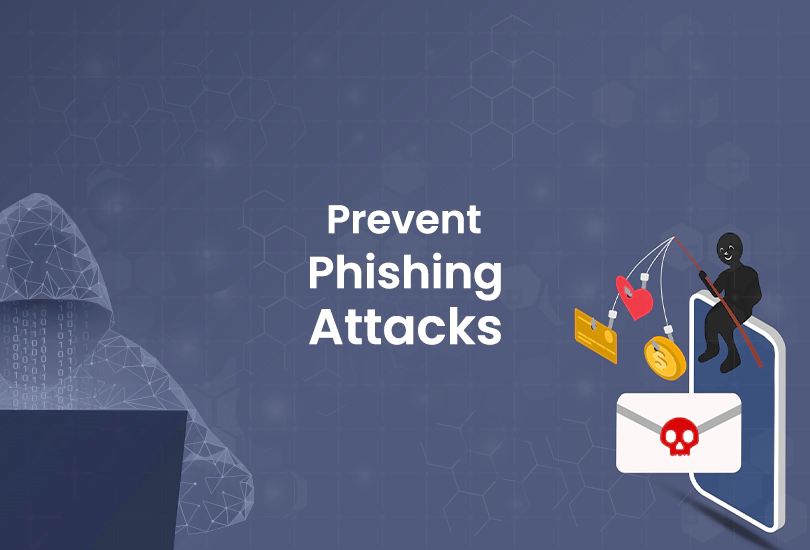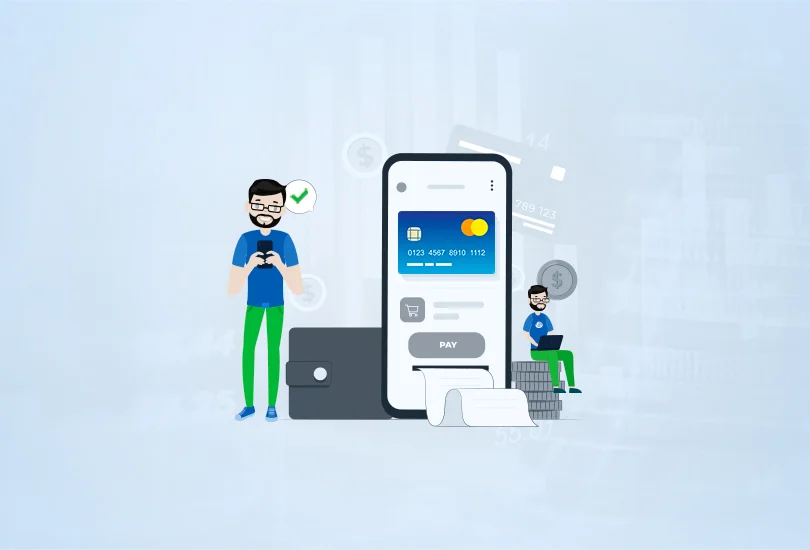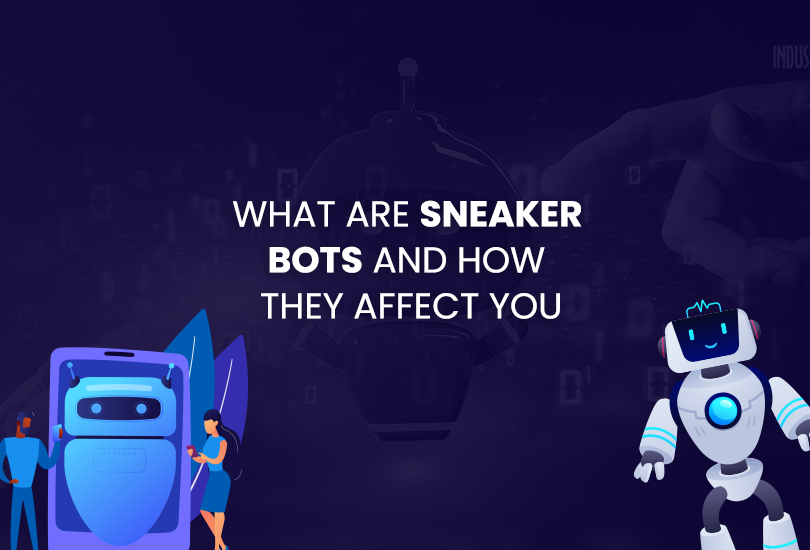Whether you rely on cloud-based computing or work through email and websites, having a sound cybersecurity plan is necessary to work safely on digital platforms.
Cyberthreats have only risen year over year, impacting businesses around the world, the most prominent being ransomware attacks. It’s a type of malware that locks data through encryption. Cybercriminals use malware to demand ransomware from corporations that can’t suffer the loss of sensitive data. According to a report, damages from ransomware attacks are estimated to reach about $32 billion in 2023.
With such looming cyber threats, it is imperative that you upgrade your defenses before it’s too late.
10 Essential Cybersecurity Tips For Small Businesses
Businesses are on a huge shift from physical to online marketing. This shift, which seems impossible without passing your data and information through broadband, brings some security threats known as cybersecurity. If you are a small business owner looking for tips to process your online business operations safely, then these cybersecurity tips for small businesses are here to help you out.
Back Everything Up
Having a backup of your data is an essential step for small businesses. We usually store our entire data in one place for ease; if you can not afford to lose them, then keep multiple backups of data; for this, use hard drives and cloud storage data, or you can even purchase manual data storage devices.
Encrypt Everything
Having a backup of everything is not enough! Securing your data from malware and potential threats is equally important. Hence, for this, you should opt for a data encryption feature that can save your online infrastructure during crises. You can use OysterVPN, as it features 256-bit military-grade encryption and transforms your information into unbreakable codes.
Firewalls
Firewalls create a security barrier & secure an organization’s data when processing between private internal networks and the public internet. Firewalls form a powerful security system against malware and viruses. You can find multiple firewall software to monitor network traffic & process data based on your organization’s security policies.
Strengthening Defence Against Viruses, Malware, and Spyware
You can use devices prone to security threats, especially if connected to the internet. However, you can mitigate potential threats while installing powerful antivirus software. Also, make sure to keep a regular check and hire an IT specialist responsible for handling your entire security system.
Use Strong Passwords
Password security is as essential as anything else! Unfortunately, we hardly focus on the password security of our devices. Whether you are an employee or hold a small online entity, you should train your employees in password security and how to choose strong passwords.
Dealing With Third Parties That Prioritize Digital Security
Third-party integration can sometimes pave the way for malware and viruses. Before giving access to any of them, ensure that they follow strict security and privacy practices. Before granting them access to your device, test their security system.
Avoid Freeware Where Possible
Freeware is a class of free antivirus software that doesn’t require money. You can download them as they are free of cost. While some of them are reliable, many contain malware that can severely damage your device.
Train Your Employees
Having sufficient knowledge about cybersecurity, malware, and anti-virus can help form a unique security system against threats. In addition, your employees should have sufficient knowledge to protect their data from cyber threats. You can arrange seminars and training to train your employees on the importance of data security and privacy.
Don’t Mix Personal & Professional Usage
Make sure to have separate devices for professional and personal use. Keep your professional data in a device you don’t use for private purposes like family, friends, and housemates. This will help you avoid security risks.
Use OysterVPN to Access Work Sites Remotely
OysterVPN can prove to be the best tool when you have to access sensitive information, such as logging into portals or sharing confidential data when you are on public Wi-Fi. It encrypts your data packets and transfers information through secure and encrypted tunnels.
Why Is It Important to Have Cybersecurity For Your Business?
Setting up online security systems has been the least important thing for small businesses to work on. However, this can be due to their small infrastructure and lack of resources and information required to form a bullet-proof cybersecurity plan for their growing business.
We have identified why it is important to consider cybersecurity for your small business.
Protect your Sensitive Information
Every business incorporates sensitive data about its customers, employees, brands, and competitors. Hackers can access this sensitive data and sell it to data companies and even on the dark web.
Any hacking attack will break data protection and DGPR rules if you are a registered entity. However, authorities may even fine you for your poor data protection system.
Prevent Potential Money Lost
Hackers mostly target small entities to get a company’s or their customers’ banking information. In another way, they target devices and computers to demand ransom. Small business holders usually pay a ransom as they avoid dealing with consequences.
Conclusion
Cybersecurity for small businesses has become indispensable. You can improve your data security while upholding a few simple steps that include making strong passwords, installing a firewall, educating your employees about cybersecurity practices, and the importance of using a privacy-friendly VPN.







